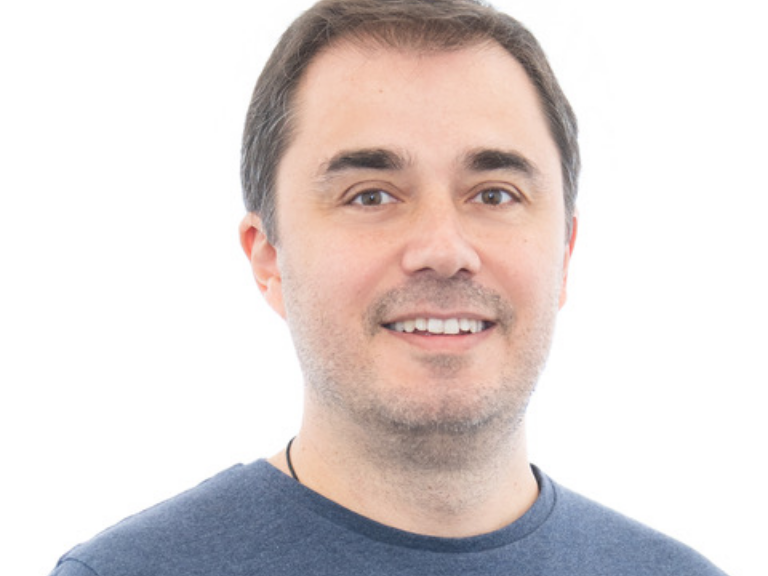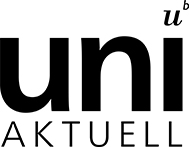University and studies
Starting Grant for researching inflammatory bowel diseases
Immunologist Bahtiyar Yilmaz is one of eight researchers at the University of Bern to receive a coveted Starting Grant from the Swiss National Science Foundation. He will use it to study inflammatory bowel diseases.

Our bodies produce high levels of naturally occurring antibodies. These antibodies usually help us fend off various diseases, but in some cases, however, their elevated presence could be harmful. One important such case are inflammatory bowel diseases that affect millions of people. There, the interaction between gut microbiota and natural antibodies is not well understood.
The aim of my project is therefore to investigate this interaction and its potential effects on inflammatory bowel diseases. Should the natural antibodies prove to play a harmful role, our findings would help to pave the way for the development of new therapeutic strategies.
During my doctoral research, I studied natural antibodies in the context of malaria. Later, during my postdoctoral research, I focused on understanding the gut microbiota in relation to health and disease. As a result, I have gained expertise in both fields and now aim to combine this knowledge to address a longstanding question.
I think I can name the following three points:
-
Build a strong research profile: It is essential to have a strong research background and a clear research plan that aligns with the grant's objectives.
-
Developing a network of contacts in your field can help you stay up to date with the latest research trends and can provide valuable insight and guidance in the grant application process.
-
Stay positive and persevere: Grant applications can be challenging and time-consuming, and rejection is a common occurrence.
My project requires both human and mice samples. The proximity of the University of Bern to the Clean Mouse Facility (CMF) and hospitals allows me to easily collaborate with partners that can provide me with both.
About the SNSF Starting Grants
As Switzerland is currently a non-associated third country in the European research and innovation programme Horizon Europe, the federal government mandated the SNSF to launch the funding scheme “SNSF Starting Grants” as a transitional measure to replace the ERC Starting Grants. The funding instrument is open to all disciplines and topics. Researchers from all countries may apply. Applicants can request a budget of up to CHF 1.8 million for a period of five years.
About the Department for BioMedical Research (DBMR)
The Department for BioMedical Research (DBMR) of the Faculty of Medicine at the University of Bern, led by Prof. Dr. med. Mark A. Rubin was established in 1994 by the University of Bern and Inselspital, Bern University Hospital. The DBMR comprises 13 research programs with approximately 100 participating individual labs and several independent research labs whose research spans all biomedical fields. To bridge the gap between bench and bedside, the DBMR promotes an integrative perspective to clinical research with a strong emphasis on the development of translational approaches, the use of omics and other cutting-edge technologies, as well as extensive interaction and collaboration between laboratory-based and patient-oriented clinical research. The DBMR is also committed to fostering the careers of young academics.
The online magazine of the University of Bern

Subscribe to the uniAKTUELL newsletter
The University of Bern conducts cutting-edge research on topics that concern us as a society and shape our future. In uniAKTUELL we show selected examples and introduce you to the people behind them – gripping, multimedia and free of charge.